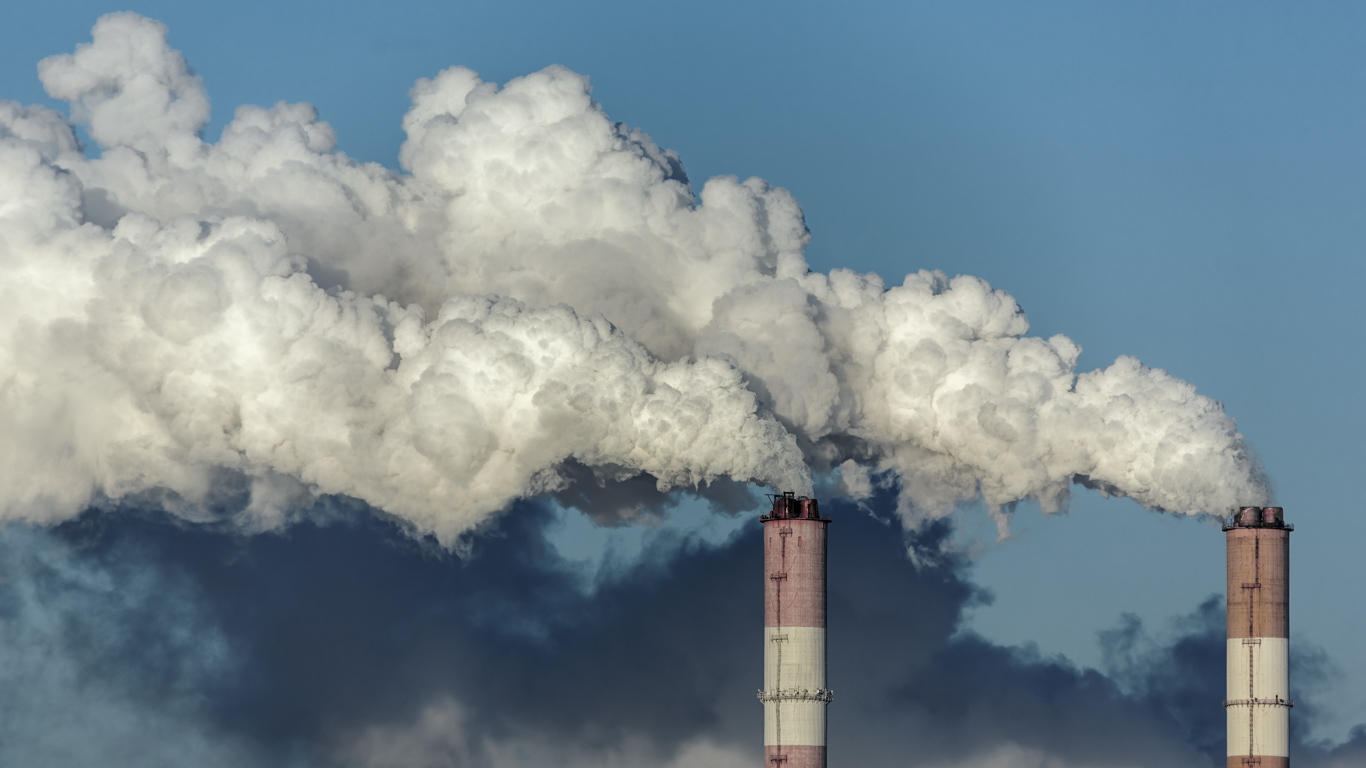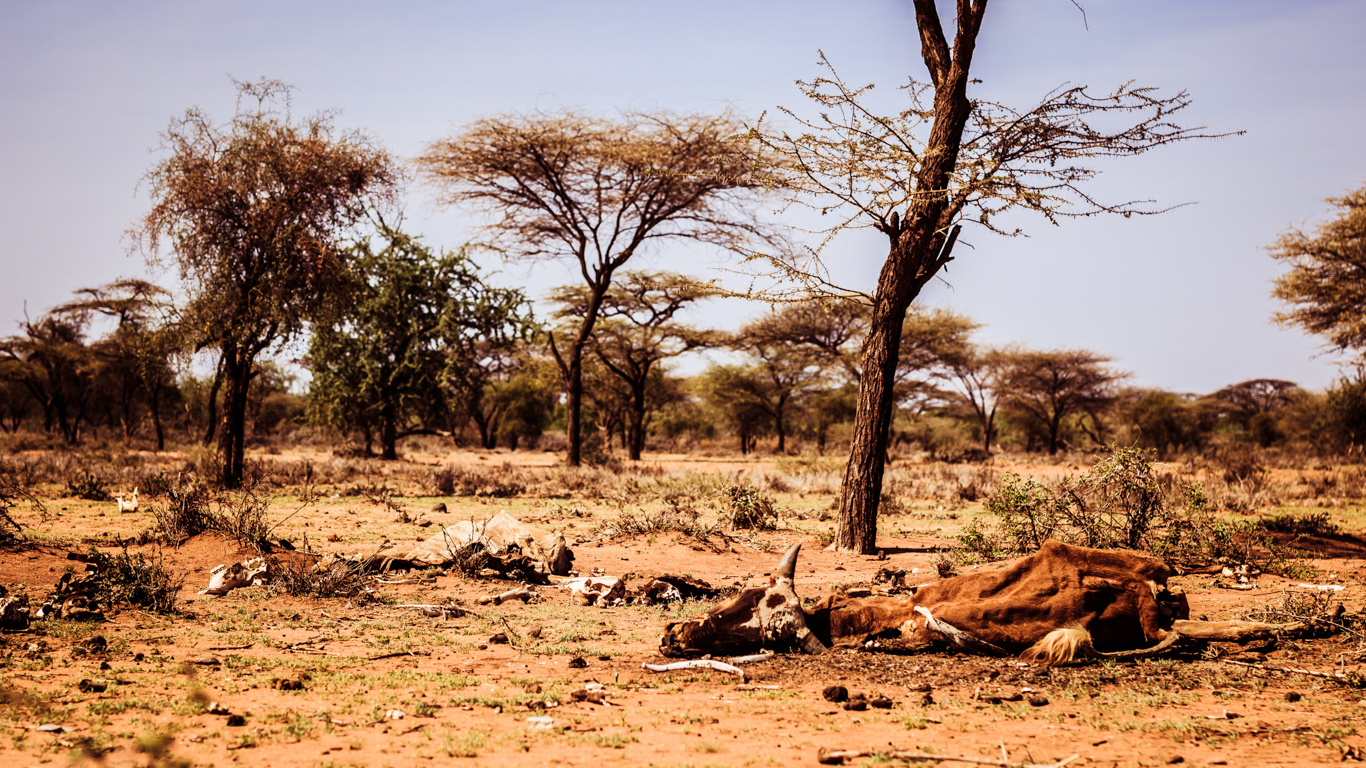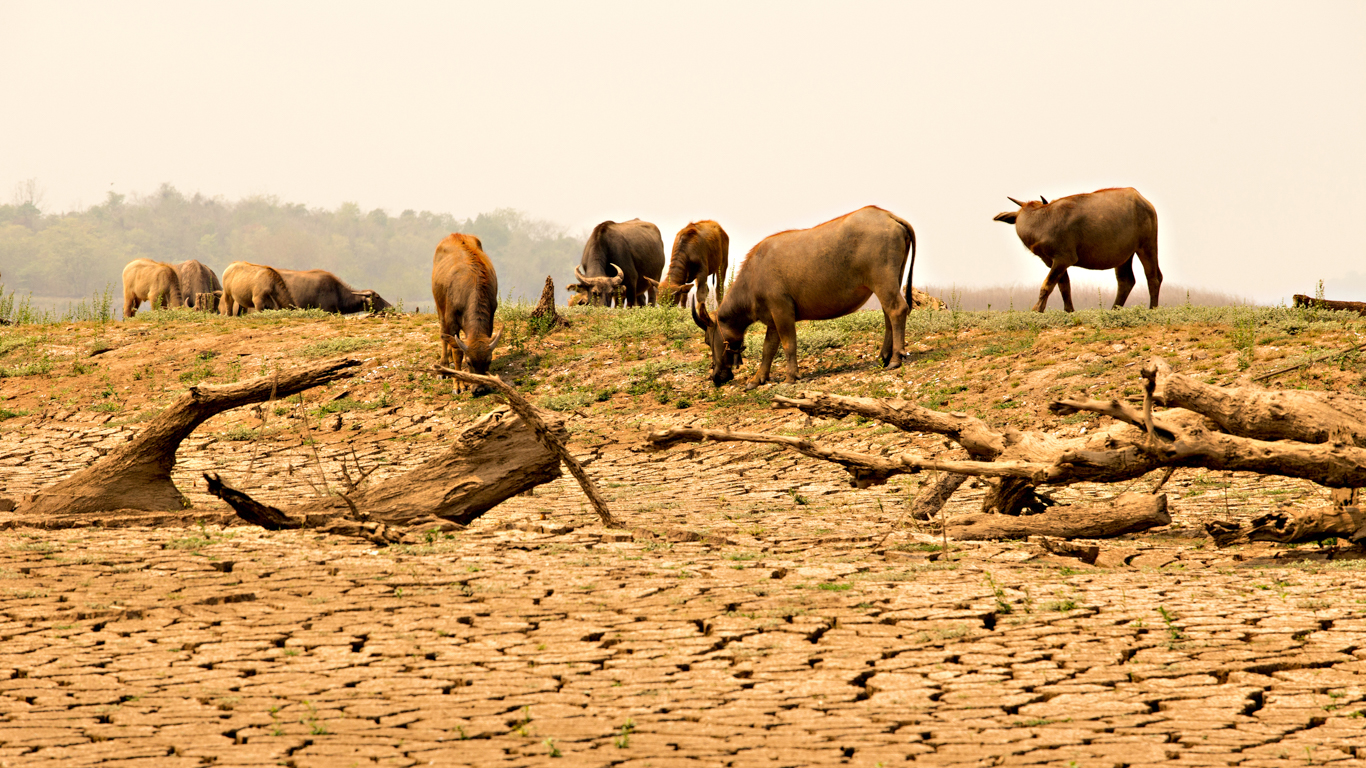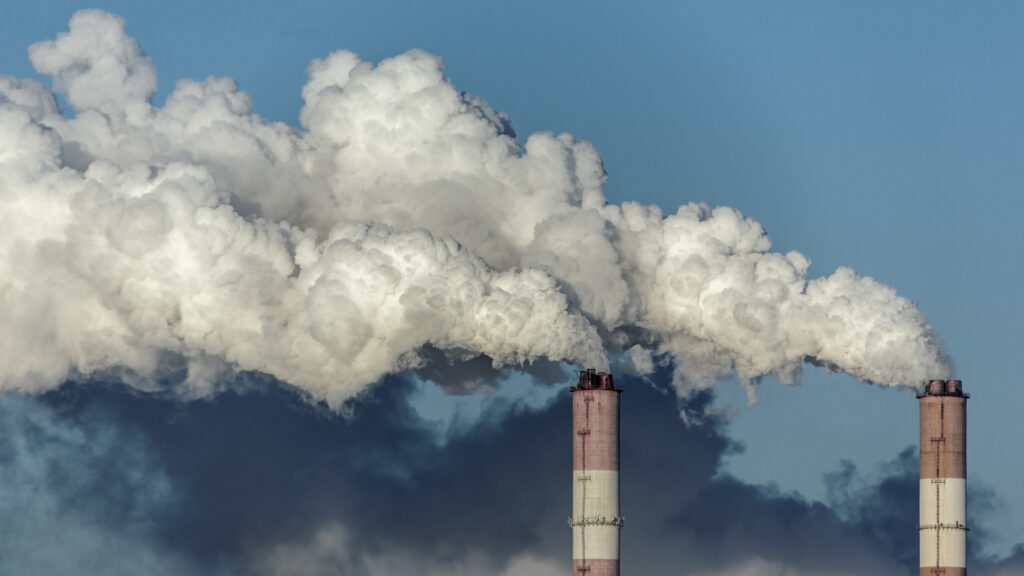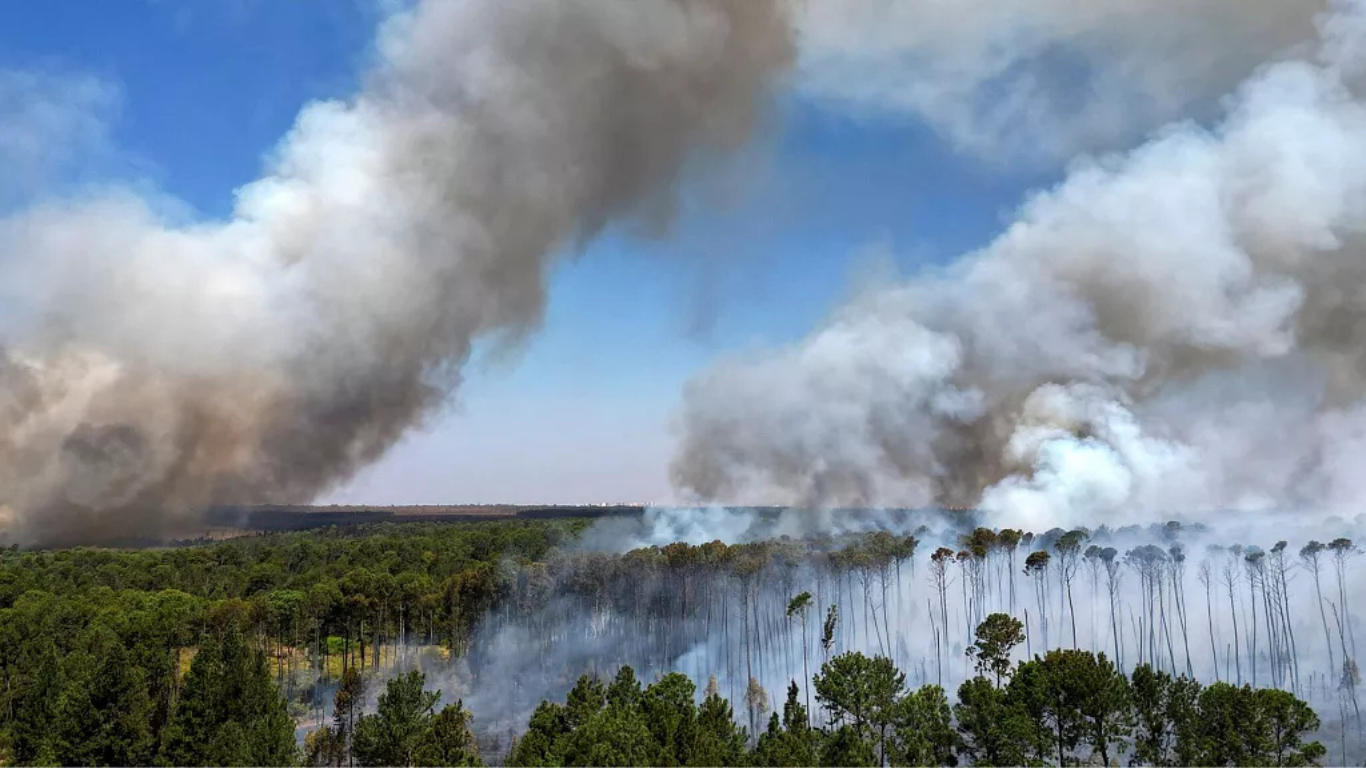The United Nation’s environmental agency this week said there is “no credible pathway to 34.7°F (1.5°C) in place”, according to The Guardian. It added that due to countries’ failure to adequately reduce carbon emissions, the only way to mitigate the worst impacts of the climate crisis would be through a “rapid transformation of societies”.
The statement comes after a UN environmental report which analyzed the disparity between the CO₂ cuts pledged by various countries and the cuts needed to limit rises in global temperature to 34.7°F (1.5°C) – the internationally agreed target. The report said progress had been highly inadequate.
If current pledges for action by 2030 were delivered in full, it would result in a rise of global heating of roughly 36.5°F (2.5°C) and extreme, catastrophic weather events around the world. The current rise to date of 33.8°F (1°C) has already caused severe weather disruptions and natural disasters in several countries around the world.
Even if long-term net zero emissions were met by 2050 by the countries who have made this pledge, global temperatures would still rise by 35.24°F (1.8°C) – but even this temperature limit was not likely given the lackadaisical approach to action.
At last year’s COP26 climate summit, countries agreed to increase their pledges, but only some have done so and the new pledges would reduce emissions by a paltry 1% in 2030. Global emissions need to be slashed by almost 50% by then in order to reach the 34.7°F (1.5°C) target.
“This report tells us in cold scientific terms what nature has been telling us all year through deadly floods, storms and raging fires: we have to stop filling our atmosphere with greenhouse gases and stop doing it fast,” said the executive director of the UN Environment Programme (UNEP), Inger Andersen.
“We had our chance to make incremental changes, but that time is over. Only a root-and-branch transformation of our economies and societies can save us from accelerating climate disasters. It is a tall, and some would say impossible, order to reform the global economy and almost halve greenhouse gas emissions by 2030, but we must try,” Andersen said. “Every fraction of a degree matters: to vulnerable communities, to ecosystems, and to every one of us.” Andersen added that taking action would also result in cleaner air, green jobs and electricity access for millions of people.
UN secretary general António Guterres echoed Andersen’s warning, saying, “Emissions remain at dangerous and record highs and are still rising. We must close the emissions gap before climate catastrophe closes in on us all.”
And former UK chief scientific adviser, Prof David King, minced no words, stating, “The report is a dire warning to all countries – none of whom are doing anywhere near enough to manage the climate emergency.”
The report found that existing carbon-cutting policies would result in 37.04°F (2.8°C) of warming, and pledged policies cut this only marginally, to 36.68°F (2.6°C). Further pledges, which rely on funding from richer to poorer countries, cut this to 36.32°F (2.4°C).
Meanwhile, new reports from the International Energy Agency and the UN’s climate body substantiated these findings, concluding that the national pledges barely reduced projected emissions in 2030, compared with 2019 levels.
The UN Environmental Program (UNEP) report said the societal transformation needed could be achieved through government action, including on regulation and taxes, redirecting the international financial system, and changes to consumer behavior.
It said the transition to green electricity, transport and buildings were underway, but needed to happen faster. All sectors had to avoid locking in new fossil fuel infrastructure, contrary to plans in many countries, including the UK, to develop new oil and gas fields. A study published this week found a “large consensus” across all published research that new oil and gas fields are “incompatible” with the 1.5°C target.
The UNEP report said that roughly one-third of climate-heating emissions came from the global food system and that these were set to double by 2050. But the sector could be transformed if governments changed farm subsidies – incredibly harmful to the environment – and food taxes, reduced food waste and helped develop new low-carbon foods. The report added that on an individual level, citizens should adopt healthier, greener diets.
The report also said it was also critical to redirect global financial streams to green investments, though a transformation to a low-emissions economy was expected to require at least $4tn-6tn (£3,4tn - £5,2tn) a year in investment – roughly 2% of global financial assets.
Andersen concluded that she wanted to see countries taking ambitious steps to achieve these goals, but remained doubtful that the necessary emission cuts could be made by 2030.

